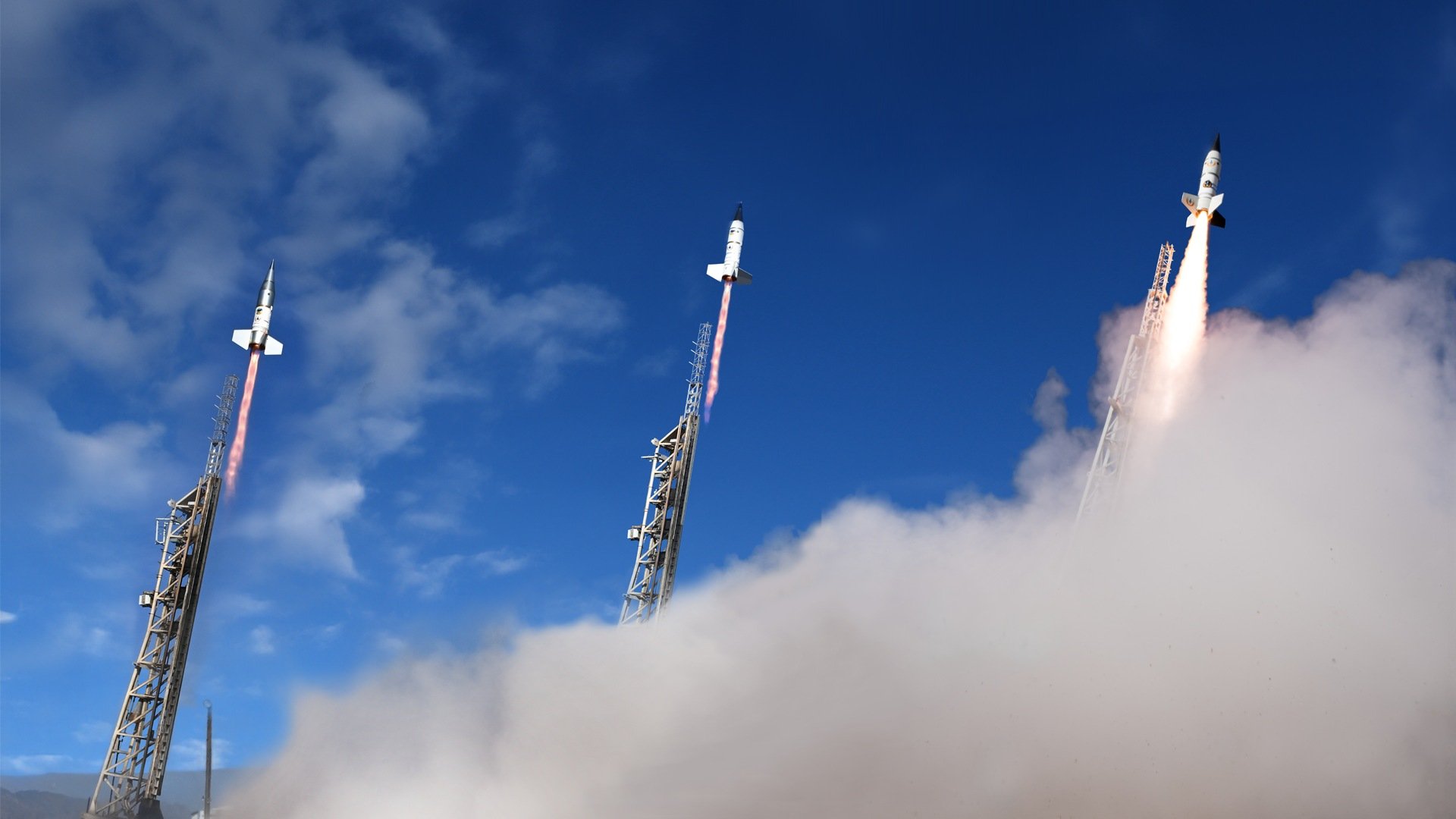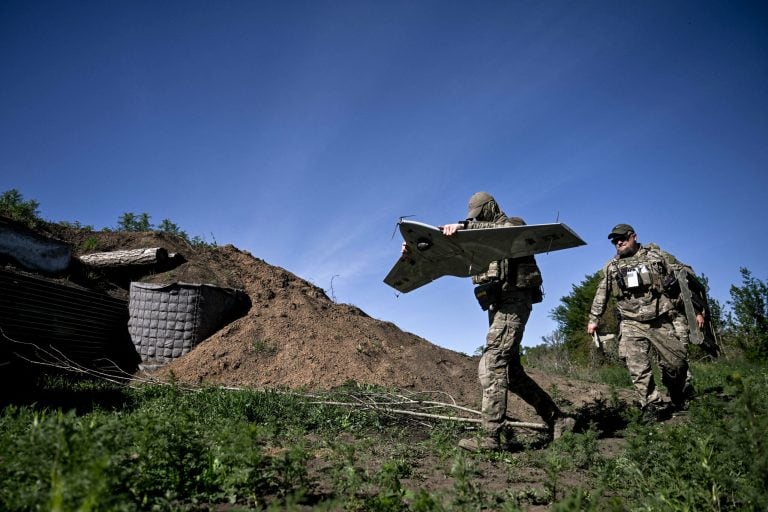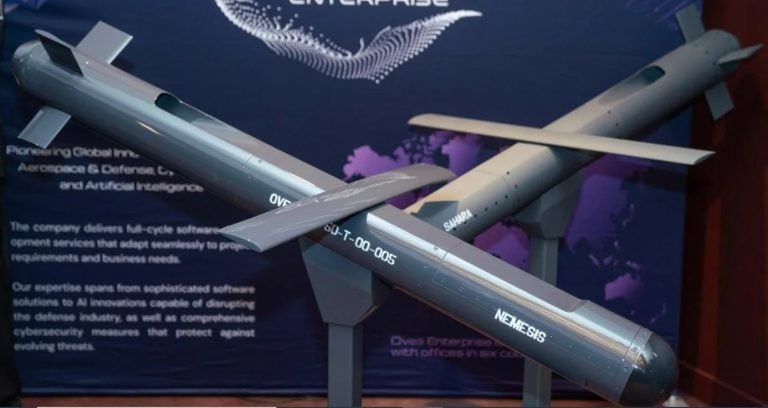Rocket manufacturer X-Bow Systems has embraced an advanced artificial intelligence platform developed by Lockheed Martin, a strategic move aimed at enhancing the company’s production capabilities. This integration of Astris AI Factory into X-Bow’s manufacturing process is poised to significantly increase the production of solid rocket motors by incorporating AI-driven process control and robust data governance across its facilities.
The implementation of this platform creates a defense-grade digital environment that prioritizes the protection of sensitive manufacturing data. It facilitates real-time process optimization and quality assurance, ensuring that the manufacturing processes are both efficient and secure. This sophisticated setup enables X-Bow to effectively manage its intellectual property and design data within a classified framework, thereby ensuring integrity from the initial design stages through to deployment.
X-Bow CEO Jason Hundley hailed this development as a transformative leap for both data governance and production integrity. He noted that this advancement would empower the company to deliver “rapid, affordable solid rocket motors for our customers,” positioning X-Bow favorably in an increasingly competitive market.
The role of artificial intelligence in the defense sector is expanding, fundamentally changing how contractors approach the production of munitions and propulsion systems. In a related development, Los Angeles-based startup Hadrian recently secured approximately $260 million to construct an AI-enabled manufacturing facility in Arizona. This facility is set to leverage digital twins, generative models, and automated production lines to dynamically scale output as needed.
Additionally, Divergent Technologies has formed an alliance with Raytheon to apply Divergent Adaptive Production Systems for the digital manufacturing of naval systems. Meanwhile, in Europe, MBDA has implemented predictive AI systems aimed at detecting anomalies during the assembly of warheads.
This growing integration of AI across various facets of defense manufacturing underscores a significant shift towards greater efficiency and security in production processes, ensuring that companies can meet the evolving demands of national defense while safeguarding critical data.







